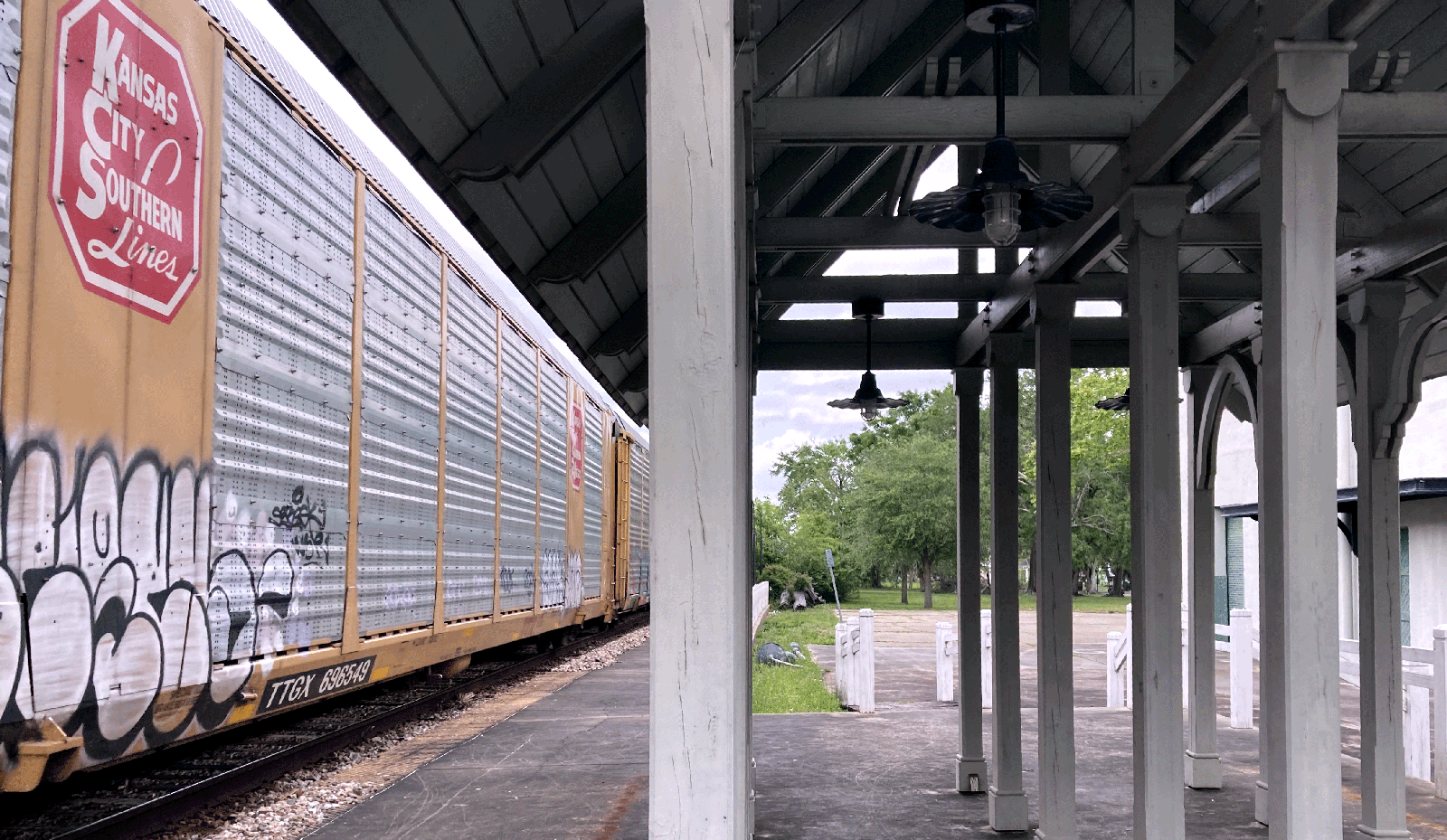Alabama officials didn’t share Mississippi’s enthusiasm for the proposal. Instead, they worry the new line will cause big problems for one of their primary economic drivers — the Port of Mobile.
The port estimates it supports about 161,000 jobs and generates nearly $27 billion each year in economic value. An essential part of the port’s success comes from freight trains hauling goods to and from Mobile. Mac McCutcheon, Alabama Speaker of the House, said Amtrak running passenger trains on those same tracks will delay the freight.
“This will slow down service, create bottlenecks and undermine the foundation that has been so important not to just our state but private companies that have selected Alabama as their base of operation,” McCutcheon said.
While proponents of the Amtrak plan said passenger and freight trains co-existed on that line 16 years ago, Mobile Mayor Sandy Stimpson pointed out that the port has grown significantly since then. Stimpson said the port opened a container terminal in 2008 and has posted double-digit growth every year since, outside of the Great Recession.
Current supply chain problems have also provided a recent boost to the port’s traffic.
Issues of who will pay to upgrade the infrastructure needed for the extra trains were also raised by Alabama officials. The state said more time should be taken to study the costs, but Amtrak and its proponents said the private railroads have delayed previous studies by sharing little of the needed data.
CSX, one of the private railroads pushing against Amtrak, has provided multiple estimates over the years for the infrastructure cost — from $405 million to at one point $2 billion. Amtrak will cover the service cost for three years with the potential of federal funding after that, but Alabama worries it will get stuck with the bill.




